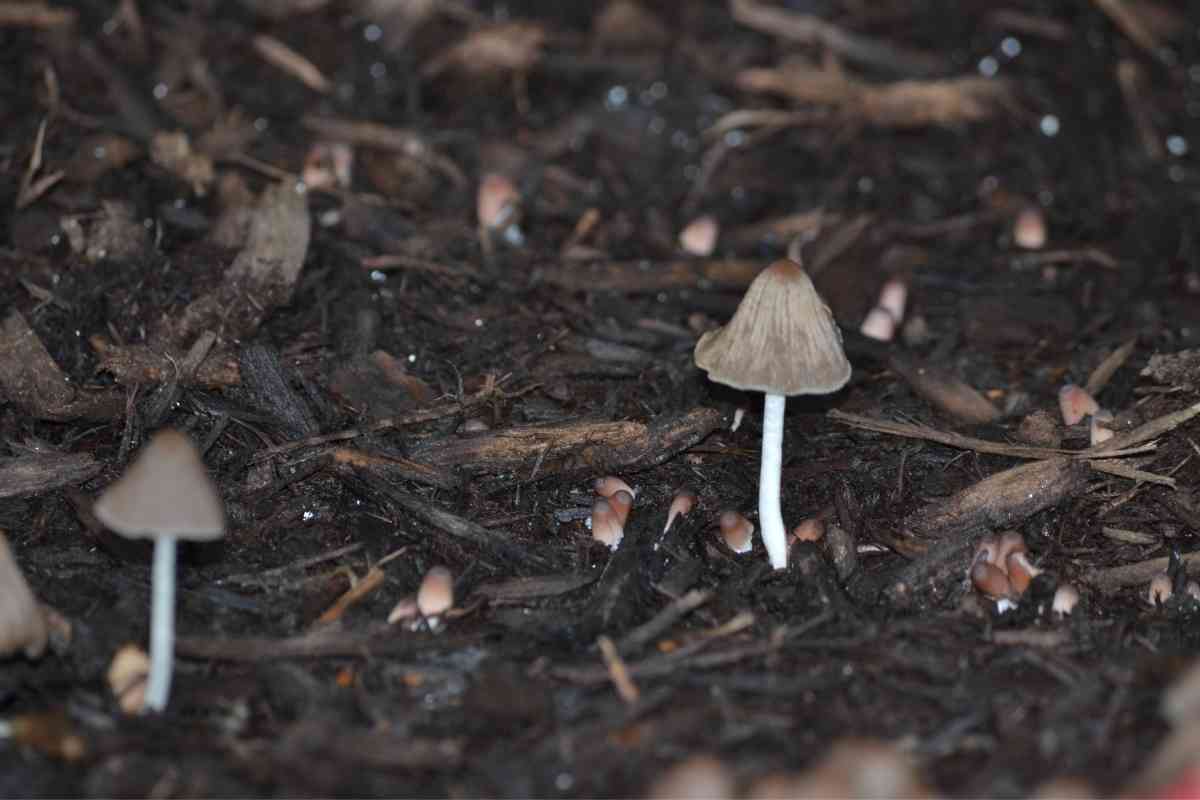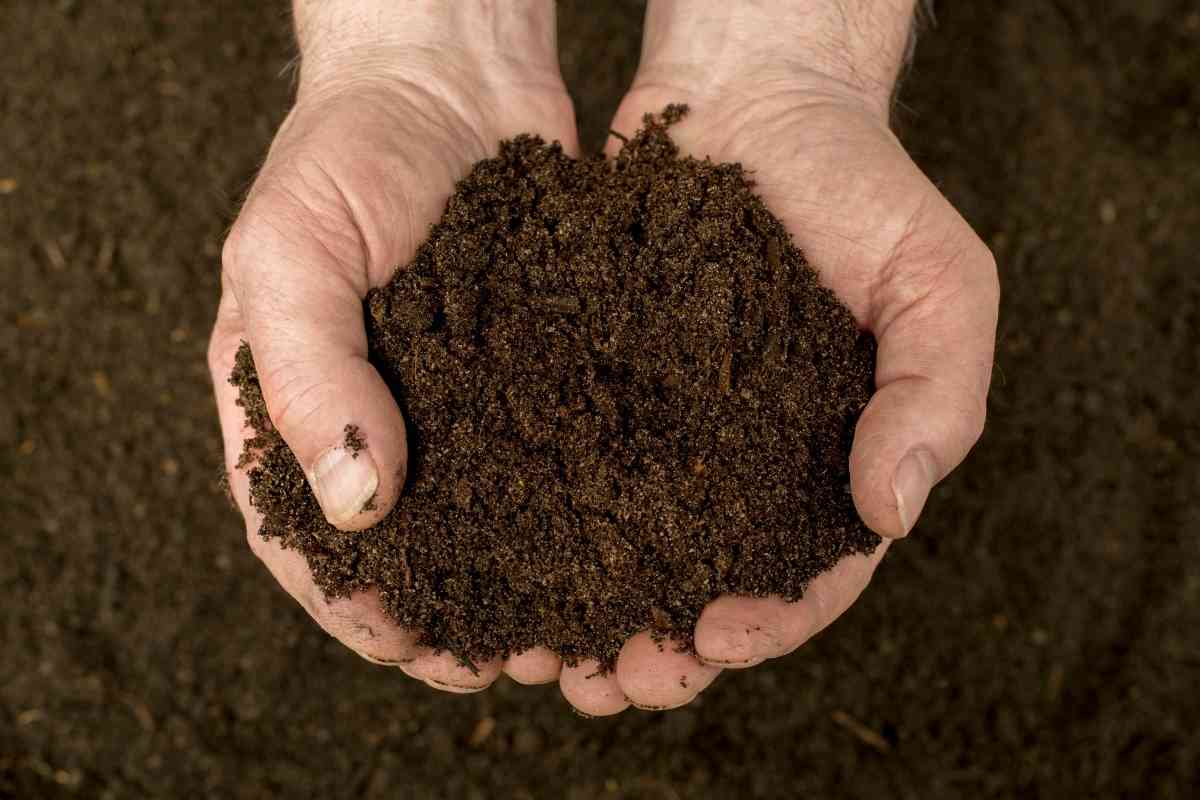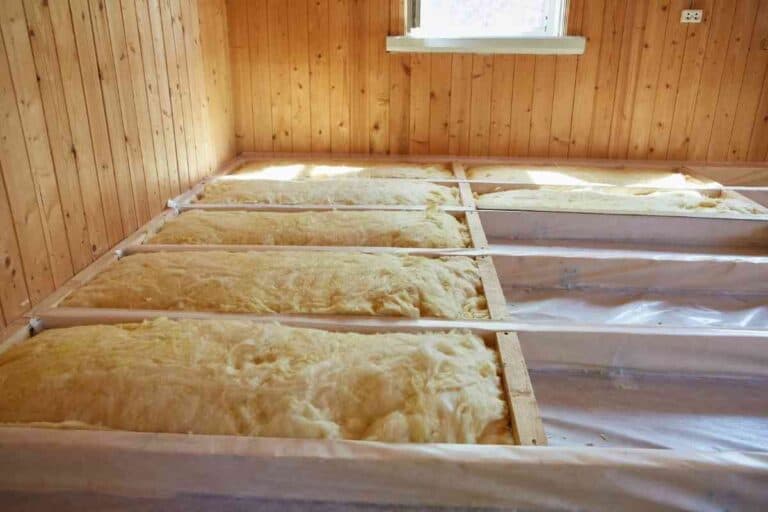What Is Mushroom Compost? [Contents, Uses, Pros, and Cons]
A lot of gardeners and preppers, these days, are getting creative with their nutrient sources – with mushroom compost being a critical component of some soil mixtures.
Mushroom compost comes with so many benefits that can help your plants flourish and reinforce your land. However, you need to ensure that you are using this compost material properly if you want to gain all of its benefits.

What Is Mushroom Compost?
Mushroom compost is an organic fertilizer containing leftover materials from mushroom farms. The mushroom waste is then combined with other natural materials such as manure, hay, and straw to create a compost mixture.
If you are a passionate gardener, then you understand the importance of revamping your soil mixture from time to time.
You need to ensure that your plants are receiving an optimum level of nutrients, as this is key to the success of any garden.
However, what can often be just as important as the number of nutrients is their quality level and how they are sourced. Natural fertilizers are essential for organic gardens and mushroom compost is a very advantageous mixture for so many plants.
Mushroom farmers have capitalized on their leftover waste after their harvests to create a dynamic and nutrient-dense compost material, which has been a game-changer for a lot of people’s gardens.
With that being said, the dynamic nature of mushroom compost implies that it needs to be used appropriately if you want your garden to thrive.
To help you understand this further, we are going to take a closer look at what exactly mushroom compost is.
After extensively researching mushroom compost, I have been able to gather enough information to determine the contents and properties of this organic fertilizer.
My research has shown me that mushroom compost needs to be used with caution, as its properties can have negative effects on gardens when misused.
Mushroom Compost Contents & Properties
Although the base ingredient for this compost is mushrooms, there are actually a number of different materials used in the mixture. Mushroom growers use spent mushroom waste to create the primary component of the fertilizer.
This is essentially all of the leftover materials that farmers are left with after their harvest.
Farmers then use this material to create a fertilizer formula and resell it to the gardening industry. Each farmer will create their own mixture for their mushroom compost and the materials that they add to the fertilizer can vary.
These are some common materials used in mushroom compost:
- Straw
- Hay
- Wheat
- Canola Meal
- Soybean Meal
There are a lot of different companies that produce mushroom compost and the ingredients that they add can be quite different.
The focus of this compost is to keep the fertilizer natural for organic farming which is why natural materials are generally the only additional ingredients added to the mixture.
The nutrient contents of mushroom compost are rich and offer a slow-release characteristic for garden soils.
Although the nutrients can vary a bit, a typical mushroom compost fertilizer will contain 1.3% potassium, 1-2% nitrogen, and 0.2% phosphorous.

How to Use Mushroom Compost
Mushroom compost has become increasingly popular and you can find it in most gardening stores and nurseries. You can identify mushroom compost by its SMC or SMS label.
Mushroom compost is most commonly used in vegetable gardens and flower beds. A key component of mushroom compost is to use it properly, as misuse or overuse can result in issues with your soil and plant health.
If you are working with potted plants, you should mix the mushroom compost in with the soil so that about 25% of the contents are fertilizer. Mix the material well so that the nutrients are balanced out in the soil.
For vegetable gardens, pour roughly 3 inches of mushroom compost over the top of your soil.
You can then mix the contents into your garden so that they reach a depth of 6 inches.
In addition to adding healthy nutrients to your soil, the mushroom compost will also act as a mulch.
The highly-absorbant fertilizer will help your soil retain water so that moisture is constant and balanced in your garden.
Mulch can also act as an insulator for your garden so that the temperature does not get too hot or too cold.
The dynamic properties of mushroom compost enable this fertilizer to release its nutrients slowly instead of rapidly.
This is an excellent characteristic, as it allows mushroom fertilizer to deliver nutrient benefits to your soil over a longer period of time than some other commercial compost products.
Mushroom Compost Benefits
There are a lot of benefits to using mushroom compost in your garden. To start, this is a nutrient-dense material that is full of natural ingredients.
This makes it a great resource for organic gardeners that want to keep their soil as natural as possible.
The organic properties of mushroom compost make this a sustainable fertilizer that will not cause harm to the health of your soil in the way that chemical-based products often do. Sustainability is a key focus of a lot of gardeners and environmentalists.
Many people are choosing mushroom compost given that it does not cause damage to the environment – so long as it is used properly.
Mushroom compost is also rich in salt contents, which can be very beneficial to a lot of gardens. Salts enable your soil to hold more water so that fluid stays in your garden longer.
This is an excellent characteristic for maintaining soil health and nutrients, but it also implies that you do not need to do as much watering – enabling you to save time on garden work and money on your water bill.
A lot of gardeners who like to work with diverse plant species gain a lot of benefits from using mushroom compost. The reason for this is that this fertilizer is compatible with so many different plant types.
Lastly, mushroom compost is quite affordable. There are a lot of natural fertilizers out there that have a marked-up price due to their ‘Organic’ label.
Generally speaking, mushroom compost is not very expensive – making it a great option for the budget gardener who wants to use natural fertilizer in their soil.
Mushroom Compost Drawbacks
Although the pros certainly outweigh the cons with mushroom compost, we do need to take into account that this fertilizer is not for every gardener.
The salt-rich contents of mushroom compost imply that it needs to be used in moderation and with caution.
Too much salt in the soil is not going to be healthy for your garden, which is why you need to ensure that you are adding just the right amount of mushroom compost in your soil when creating your mixture.
With that being said, there are some plants that simply will not thrive with mushroom compost due to its high salt contents.
Plants such as rhododendrons, some nut species, and azaleas will not be compatible with mushroom compost, which could lead to poor or failed growth.
We also need to consider that each mushroom compost is going to be a bit different based on the materials that were used to create the fertilizer.
It is quite common for some mixtures to contain chalk and alkaline, which you will want to remove any large pieces of before adding to your soil.



![Are Aspen Trees Good For Log Cabins? [And What Is Better?]](https://freedomresidence.com/wp-content/uploads/2022/05/Are-Aspen-Trees-Good-For-Log-Cabins-768x512.jpg)
![How Do Treehouses Stay Up? [The Unobvious Answer!]](https://freedomresidence.com/wp-content/uploads/2022/05/How-Do-Treehouses-Stay-Up-1-768x512.jpg)

